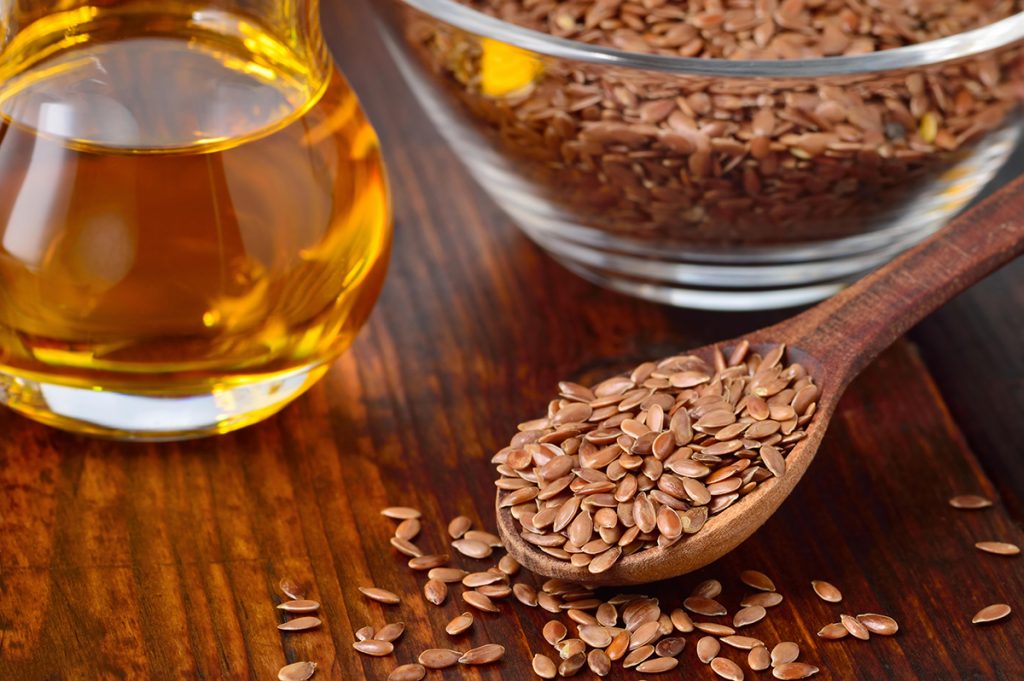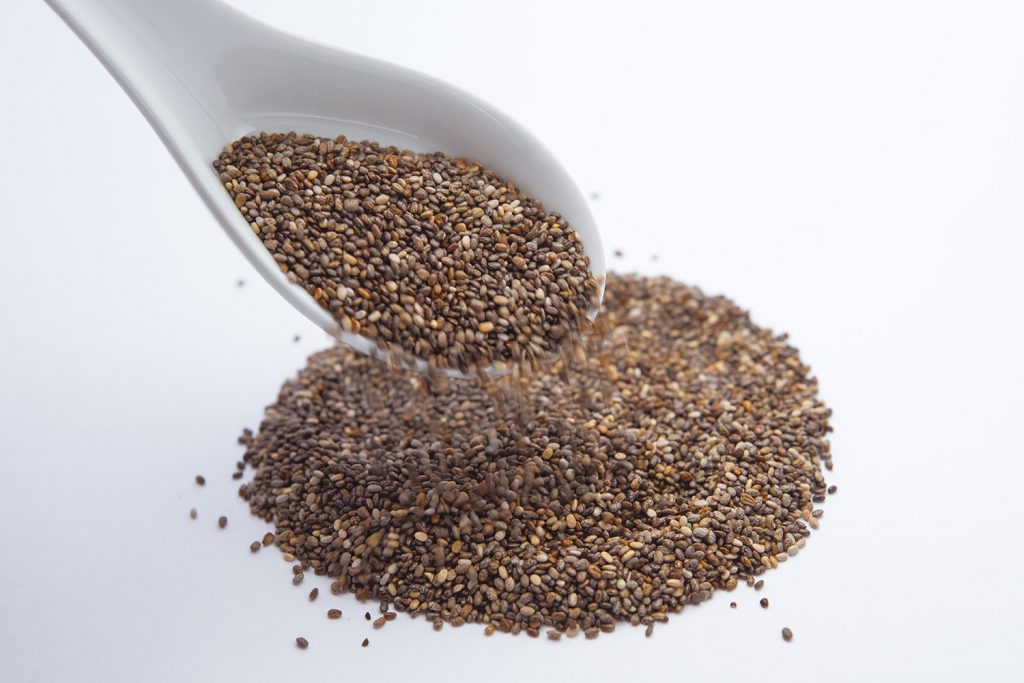4 Nutrients to Prevent Heart Disease
 You can use nutrients now to prevent heart disease later. Here are 4 nutrients to ensure are a regular part of your daily diet.
You can use nutrients now to prevent heart disease later. Here are 4 nutrients to ensure are a regular part of your daily diet.
Coenzyme Q10
Coenzyme Q10 (ubiquinone) is a powerful antioxidant and plays a key role in cellular energy production. Within the cellular mitochondria, coenzyme Q10 is responsible for carrying the electrons back and forth between enzymes in the production of ATP (energy).
Coenzyme Q10 also removes many free radicals from circulation. It’s these free radicals that lead to oxidation of LDL and the subsequent chain of events that result in heart disease.
Continue reading
How to Stock a Heart Healthy Kitchen
 If you keep heart healthy foods on hand and easily accessible you will be much more likely to see success in your efforts to lower cholesterol and blood pressure. If you keep unhealthy foods within reach you will make it much harder to achieve your heart health goals. Don’t rely on will power! Stock you kitchen for success. Here are some essentials to keep on hand:
If you keep heart healthy foods on hand and easily accessible you will be much more likely to see success in your efforts to lower cholesterol and blood pressure. If you keep unhealthy foods within reach you will make it much harder to achieve your heart health goals. Don’t rely on will power! Stock you kitchen for success. Here are some essentials to keep on hand:
Whole grains, such as barley, oats, rice, buckwheat, and quinoa, are rich in fiber, antioxidants, vitamins, and minerals. These nutrient dense grains promote a healthy heart.
Olive oil
Continue reading
Does flaxseed have to be ground?
I had an individual just send me the following message:
I was just on your web site and was reading about Omega-3’s. I am a little confused. Does flaxseed have to be ground in order for it to work? Are gel capsules a waste of time and money?
In case you are wondering too, here’s the answer:
Yes, in order for the body to access the omega 3’s within the flaxseed, the seed must be ground. Otherwise it passes through the system as dietary fiber. Dietary fiber has it’s own benefits, but if you are wanting the omega 3 benefits of flaxseed it must be ground.
Flaxseed oil (gel capsules) provide the omega 3’s without the fiber. If you are going to purchase an omega 3 supplement, my first choice would be fish oil instead of flaxseed oil. They provide different types of omega 3 fatty acids. Greater benefits linked to omega 3’s in fish oil.
All the best,
Lisa Nelson RD
https://lisanelsonrd.com
Tips to Add Flax to Your Diet

Flax is an oilseed similar to canola and sunflower being oilseeds. Flaxseeds are derived from flax.
Benefits of Adding Flax to Your Diet
There are many benefits associated with adding flax to your diet, which are derived from a different part of the flaxseed. You have the heart-healthy fat content, the fiber, and the lignan.
Lignan’s are a class plant compounds called phytoestrogens that act as antioxidants.
Some of the health benefits that may be associated with flax include:
Continue reading
How to Use Flaxseed to Lower Cholesterol

Flaxseed is high in dietary fiber and omega 3 fatty acids. Both of which you need to increase in your diet as your work to lower cholesterol levels. Here are 10 ways you can incorporate flaxseed into your diet.
- Sprinkle on your cereal every morning. . .hot or cold.
- Add to pancake or waffle batter.
- Mix in your orange juice.
- Add to muffins.
- Mix in yogurt.
- Sprinkle on fresh salad greens.
- Add to cottage cheese.
- Add to spaghetti sauce, meatloaf, and lasagna.
- Add to cookie dough.
- . . . .get creative! It can be an addition to just about anything.
Grind Your Flaxseed
2 Foods to Lower Cholesterol
To begin promoting lower cholesterol you want to replace these less healthy food choices with heart healthy options.
Here are 2 foods you can add to your diet to promote a lower cholesterol:
1. Atlantic Salmon
Salmon is a rich source of omega 3 fatty acids. Omega 3’s have many benefits, some of which include decreased lipoprotein A, lowered triglycerides, reduced blood pressure, elevated HDL cholesterol, and decreased risk of blot clots.
Some additional sources of omega 3 include fish, ground flaxseed, and walnuts.



